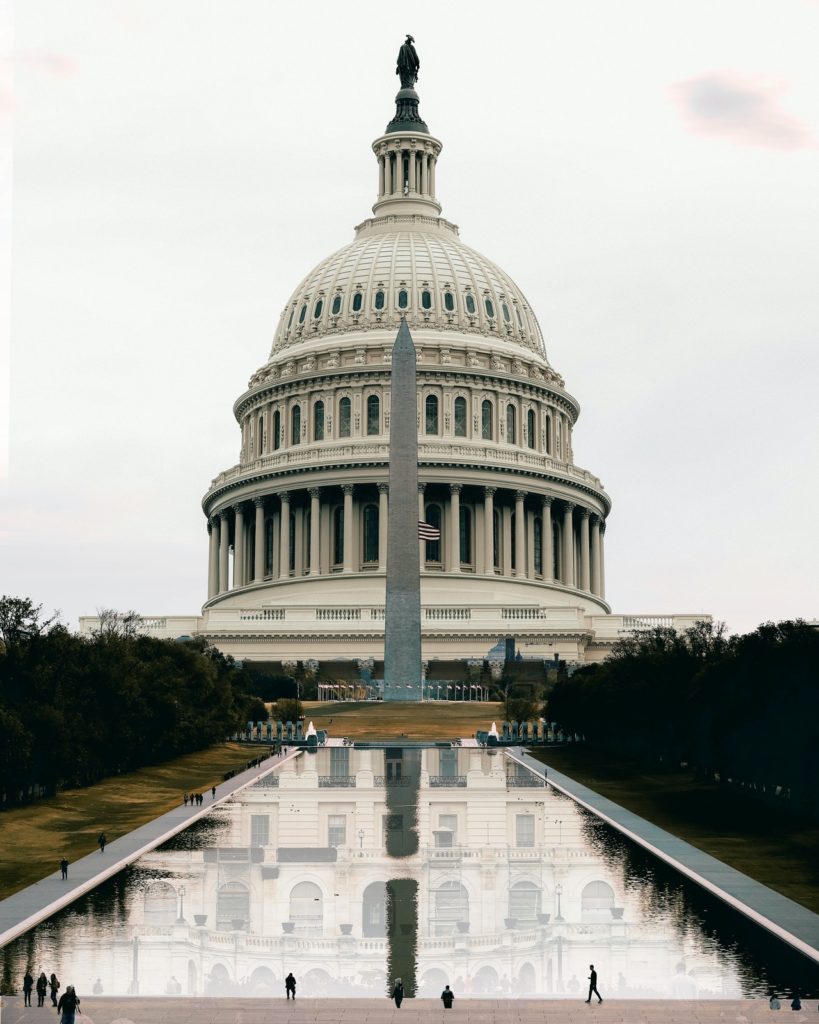Congressional lawmakers have reached consensus on a $1.5 trillion omnibus bill to fund the federal government. In addition to big ticket items such as additional COVID response funds and aid to Ukraine, the legislation extends temporary flexibilities for virtual care instituted during the federally declared public health emergency (PHE).
When enacted, the bill will extend the waiver allowing face-to-face encounters for hospice recertification for an additional five months following the end of the PHE. The current PHE expiration date is April 16, though that deadline may be extended to July.
Virtual recertification is high on the list of temporary measures that hospice providers would like Congress to make permanent.
“That flexibility helps ensure access to hospice services for rural and underserved communities,” National Hospice & Palliative Care Organization (NHPCO) President and CEO Edo Banach told Hospice News. “We’re pleased to see this short-term extension, and we’ll continue working with Congress to make this change permanent.”
Industry groups including the NHPCO and the American Academy of Hospice and Palliative Medicine have proposed extending the waivers through Dec. 31, 2024, as well as new legislation that would create a pathway for permanent implementation that same year. The current bill does not go that far.
The telehealth waivers have helped home-based care providers maintain continuity of services while limiting in-person contact that could spread the COVID-19 virus. For many organizations, telehealth has become an integral part of their clinical operations during the past two years.
The bill extends a number of other telehealth flexibilities for the five-month post-PHE period. Among these is suspension of all geographic restrictions on telehealth services and expansion of originating sites to include patient homes and other locations.
The waivers also allow certain designated services to be delivered via audio-only communication, foregoing existing mandates for video conferencing.
While the bill does not make the waivers permanent, some components signal a willingness to move in that direction.
The Medicare Payment Advisory Commission and U.S. Department of Health & Human Services Office of the Inspector General are tasked with creating reports on the telehealth waivers to inform future policy, a NAHC spokesperson said.
Further, the bill requires the U.S. Centers for Medicare & Medicaid Services (CMS) to publicly post quarterly claims data for telemedicine, including details on utilization and beneficiary characteristics.
“We are very pleased to see the extension of the telehealth waivers in the bill as they have proven extremely valuable during the pandemic,” NAHC President William A. Dombi said, in reaction to the bill. “Our hope is to see these become permanent parts of Medicare in the future.”
In addition to telehealth rules, the bill extends the current methodology for calculating the Medicare hospice aggregate cap by one year to 2031. This provision is not related to the pandemic.
The agency currently uses two separate methods and data sources to inform hospice per diem reimbursements and the corresponding cap that limits those payments. CMS plans to streamline that process by aligning them to a single method.
The move is expected to have a negligible impact on hospice payments and make the calculation process much easier for the federal government.
The possibility exists that the bill will not be enacted in its current form. The text could change as it meanders through the legislative pipeline. Rumors circulated Wednesday afternoon that debate regarding COVID provisions unrelated to hospice were slowing the bill’s progress in the House.
More concerning is an item the bill did not contain— an extension of Medicare sequestration relief. Some providers have indicated that a return of sequestration at this juncture would be “devastating.”
The moratorium is slated to end on March 31.
“We are disappointed that this legislation does not address a sequestration cut that will hurt providers and those they care for,” Banach said. “We urge Congress to continue to delay sequestration cuts and to consider the impact of rising inflation and a shrinking workforce on beneficiary access to care.”
Companies featured in this article:
American Academy of Hospice and Palliative Medicine, National Association for Home Care and Hospice, National Hospice and Palliative Care Organization



